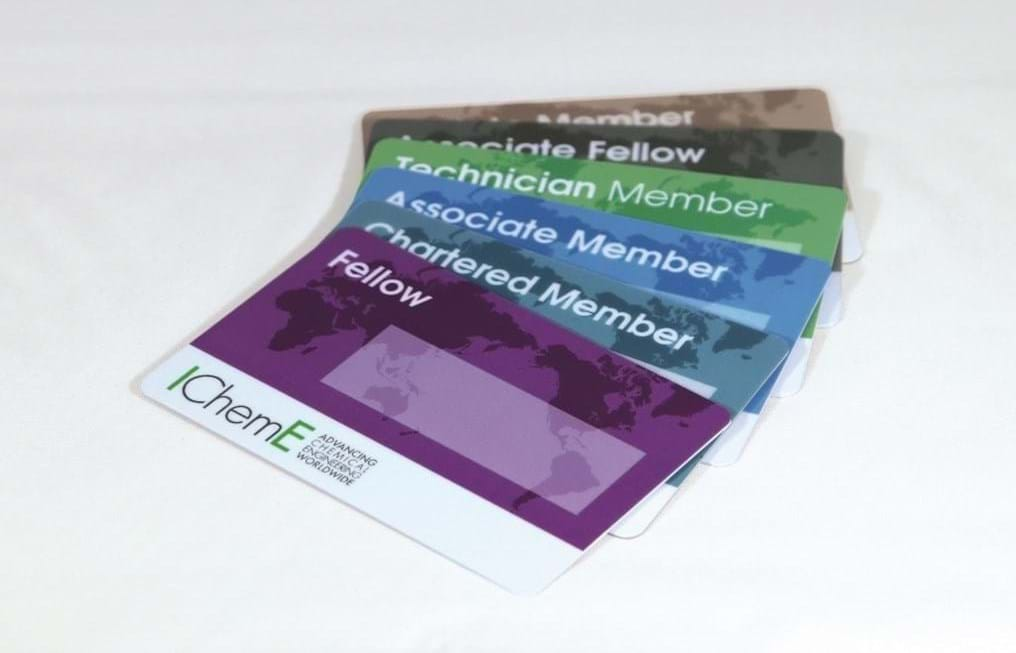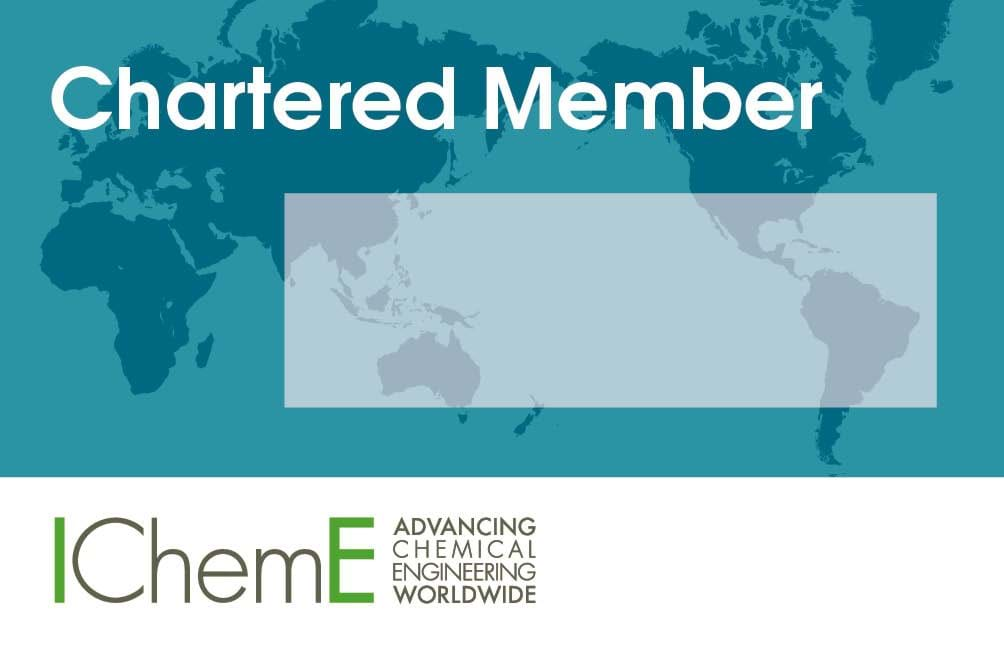Why I volunteer in IChemE’s qualifications activities – Marking Volunteers Week 2019

7th June 2019
IChemE exists to be a professional qualifying body and a learned society. It sets the standard for chemical engineering through a range of membership grades and registrations and for those seeking to improve their professional status, enhance their technical knowledge and share these learnings with their peers.
Without the efforts of our volunteers we cannot fulfil these functions.
This week we have been profiling just a few of our many volunteers and the work they do across the world, to mark Volunteers Week 2019.
In our final blog of the series, Riyaz Khambati explains his volunteering roles that contribute towards IChemE’s qualifications activities and how he supports young engineers working towards becoming professionally qualified.

Name: Riyaz Khambati
Job title: Engineering Continuous Improvement Manager, Johnson Matthey
IChemE role: Committee member of the Professional Formation Forum (PFF), Competence and Commitment Report (C&C) Assessor, Interviewer for Chartered Chemical Engineers, and member of the Process Improvement/Business-Like Thinking Technical Advisory Group (TAG) for Programme SMART
Biography: I graduated from the University of Surrey in chemical engineering and I have been in process technology licensing for over 30 years. During this time, I have been responsible for technology development, technology management and marketing, contractual technical negotiations with clients, and managing engineering design teams, commissioning teams, and process engineers. I also have experience in conducting safety reviews and performing quality assurance audits.
What is the Professional Formation Forum (PFF) and what does your role on this committee involve?
The PFF is a global group of IChemE Fellows that elects candidates who apply to be a member of IChemE and manages accreditation of company training schemes. Typically, we attend monthly Virtual Election Panels (VEPs) to review candidates’ applications, and also attend a quarterly development meeting, where we discuss more general topics related to IChemE’s membership processes and how we can look to improve these.
How has your career and professional experience enabled you to help contribute to the qualifications activities of IChemE?
I began my career as a junior engineer at Davy Process Technology, which was later acquired by Johnson Matthey, and have worked my way up to management level over the 30 years I have been in the process technology and licensing industry.
Once I became Chartered, I wanted to further my own professional development and use that development to support junior engineers in my department going through the application process to become professionally qualified engineers; as well as support engineers more widely in Johnson Matthey and outside of the company through the Institution.
So, I became a mentor in 2002, and subsequently gained many years of experience in conducting Professional Review Interviews (PRIs) for Chartered Members applications. I was appointed an Accredited Company Training Scheme (ACTS) Manager and I also applied to be an Assessor for Competence & Commitment (C&C) reports. As a line manager and an ACTS Manager I oversee the training scheme and help guide my engineers through the application process for becoming Chartered. As part of their application, engineers are required to demonstrate that they are applying their chemical engineering experience in practical situations through a C&C report, which is assessed. After this, they undertake a PRI based upon the C&C report and their experience.

My experience has also allowed me to support the Process Improvement/Business-Like Thinking Technical Advisory Group (TAG) looking at improving qualifications processes in Programme SMART. Programme SMART stands for Sustainable Membership Achieved through Robust Transactions and is looking to develop sustainable membership growth, whilst maintaining high qualifications standards and enhancing the qualifications processes. Our TAG has successfully trialled a revised process to enable Chartered applications to be accomplished in three months.
Why do you think it’s important for chemical engineers to become Chartered?
Being elected as a Chartered Chemical Engineer or a Chartered Engineer are peer recognised professional standards. These show employers, other engineering professionals, and society that a person is committed to engineering and dedicated to their own professional development.
It’s important to recognise that those who are Chartered have achieved a high level of development as an engineer. If you don’t support the younger engineers and their progress, then they may become demotivated. It’s also about encouraging those who are Chartered to take forward the good support that they have received to support others, thus passing on the experience and making this process sustainable. Hopefully they will be motivated to do so as I am, which is a driver for me as a volunteer.
Becoming Chartered perhaps also gives an advantage to businesses. As a Chartered Chemical Engineer, you increase the opportunity of recruiting graduates who recognise the importance of being Chartered and aspire to achieve this. These motivated engineers are likely to have a more successful career. As the engineers are recognised by their peers, your company’s clients also have an appreciation of the engineers’ professionalism and competency, helping to enhance your company, its business and reputation.

Why did you want to be a volunteer for IChemE?
Volunteering for IChemE forms part of my continued professional development (CPD) and allows me to support my Institution. By meeting fellow professionals from other industries, I get an appreciation of the work outside my business. It is important that as a profession we support our engineers together.
What do you find rewarding about your voluntary role?
I strongly believe in passing on experience and learning to younger engineers. It’s very rewarding to be able to use experience gained by being a C&C report assessor and interviewer to better support not only my own department engineers wishing to be Chartered, but also promote becoming Chartered within the wider Johnson Matthey organisation and the chemical engineering profession through the various volunteering functions.
For anyone considering volunteering in qualifications for IChemE, what advice would you give them?
Acquire appropriate experience and contribute to the wider profession. Being able to put in the time required to be an assessor, interviewer or PFF member is important, but equally when you see someone you assessed becoming Chartered after they have shown their commitment to chemical engineering, it’s rewarding.
Chartered Members are required to demonstrate an advanced depth and breadth of core chemical engineering knowledge, and demonstrate their experience of applying their knowledge to practical situations in a professional capacity.
If you are interested in becoming Chartered, you can find out more and apply online.
If you are looking to enhance your qualifications and expertise, find out more about our continued professional development opportunities.
For more information on Programme SMART view a recording of a webinar outlining the programme.